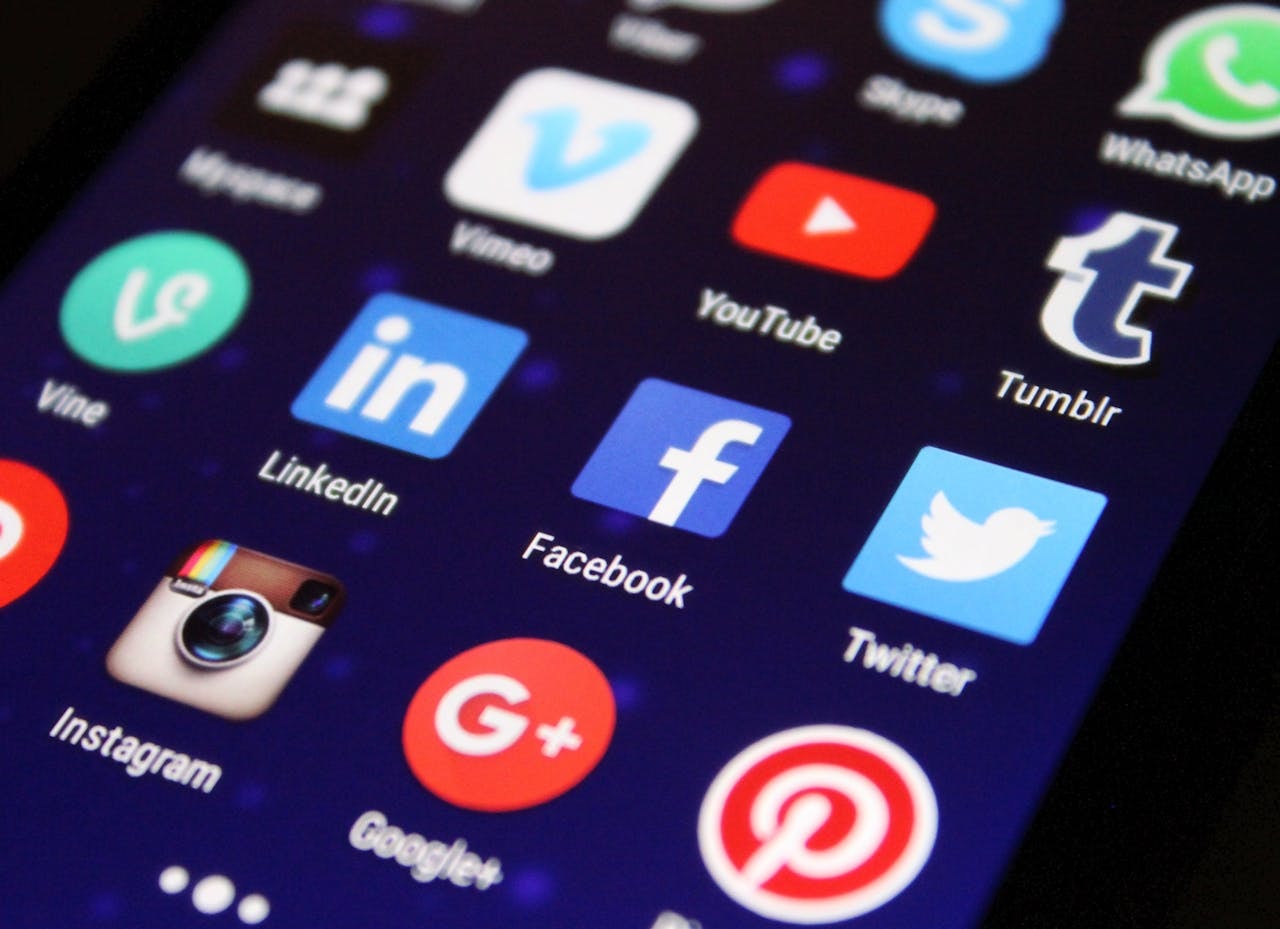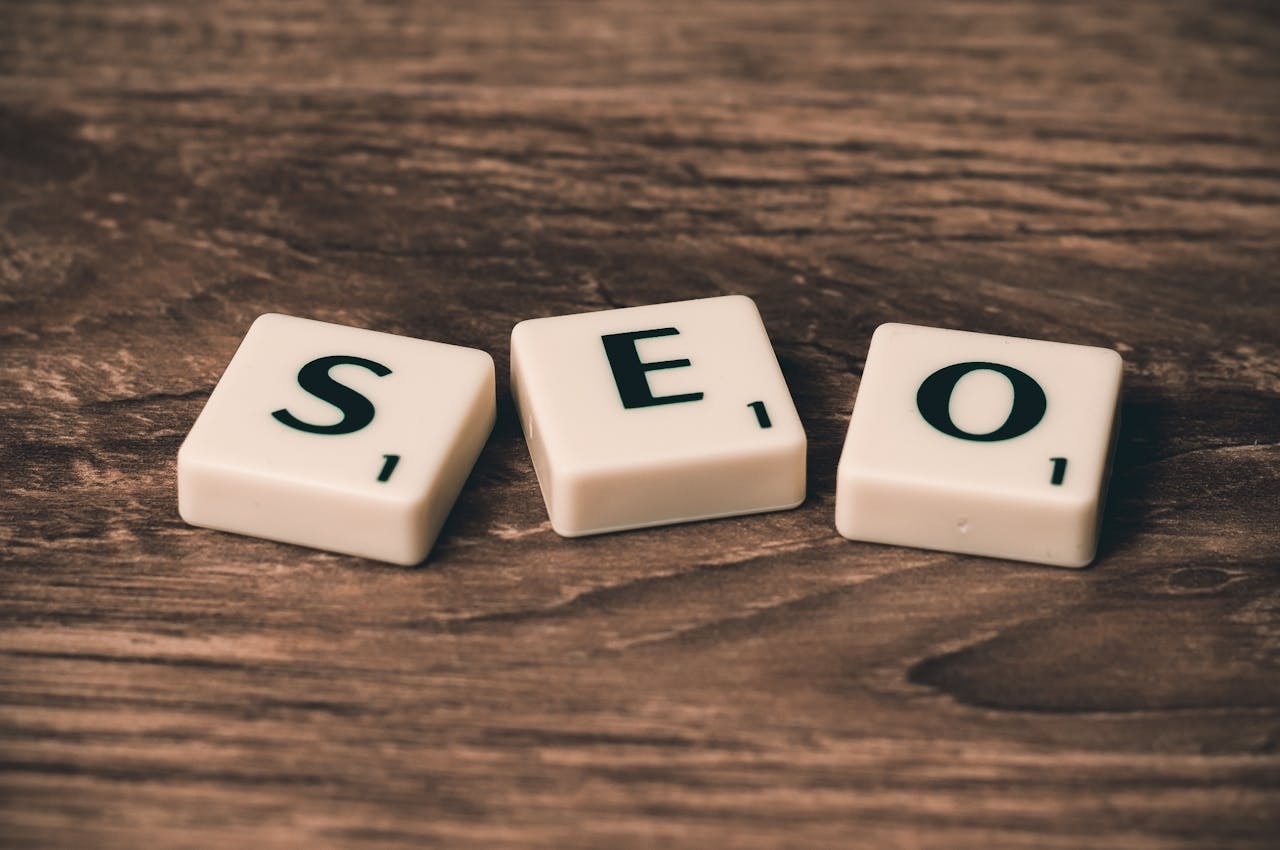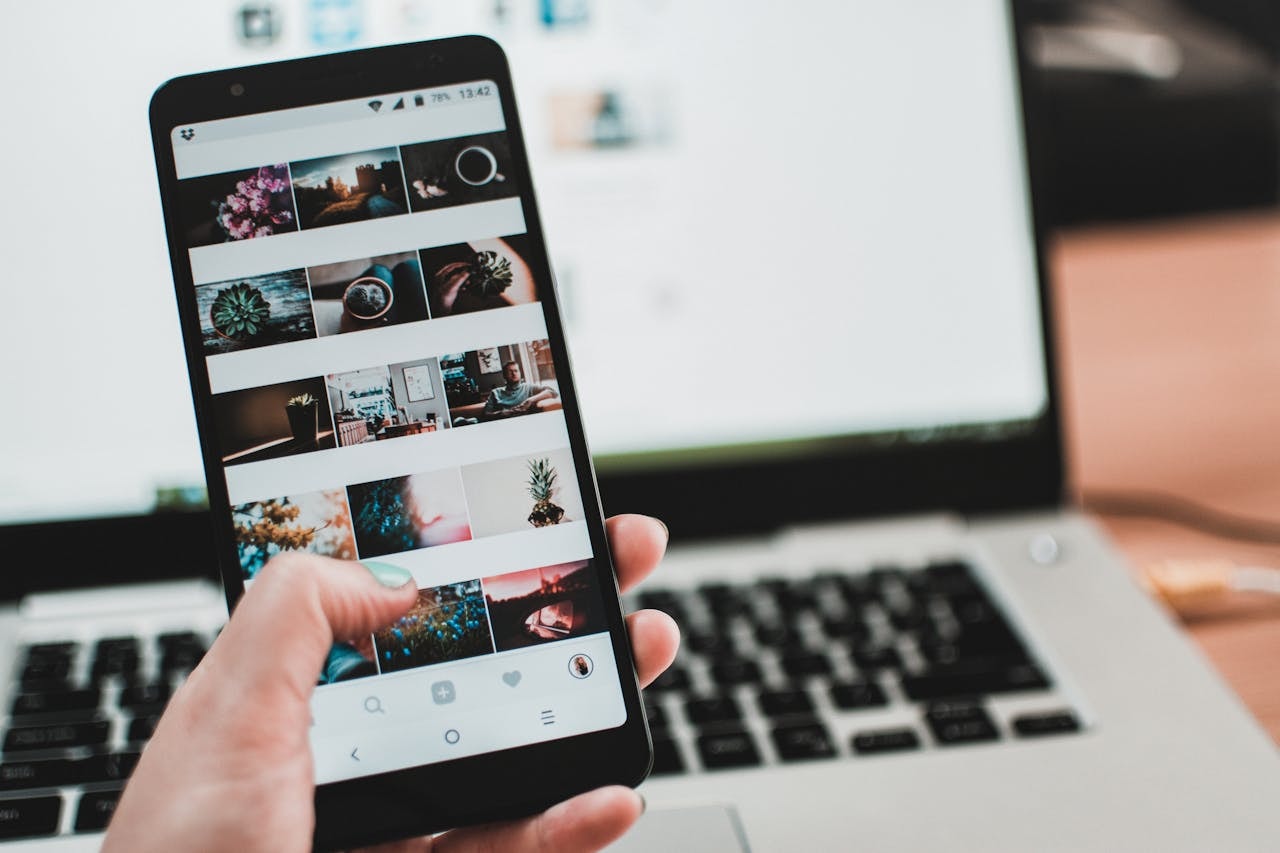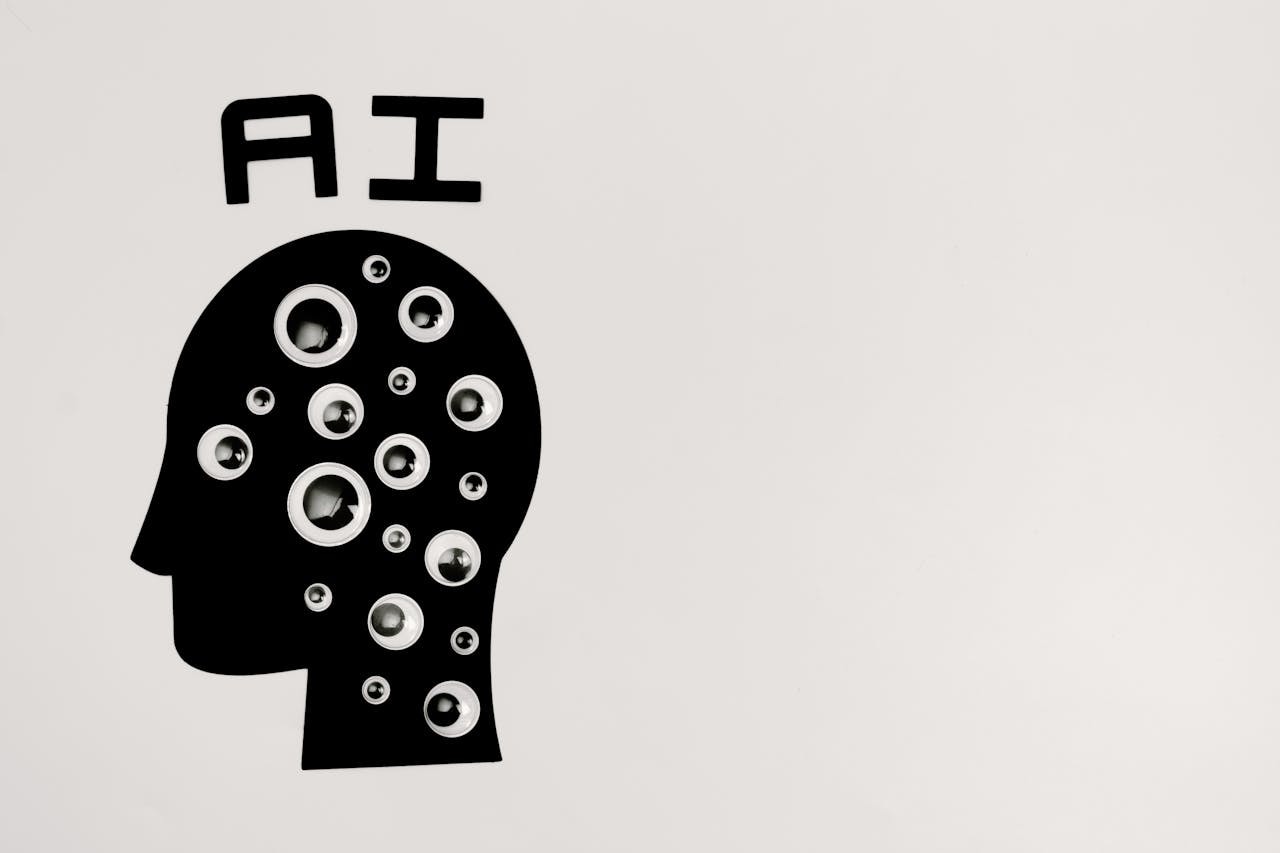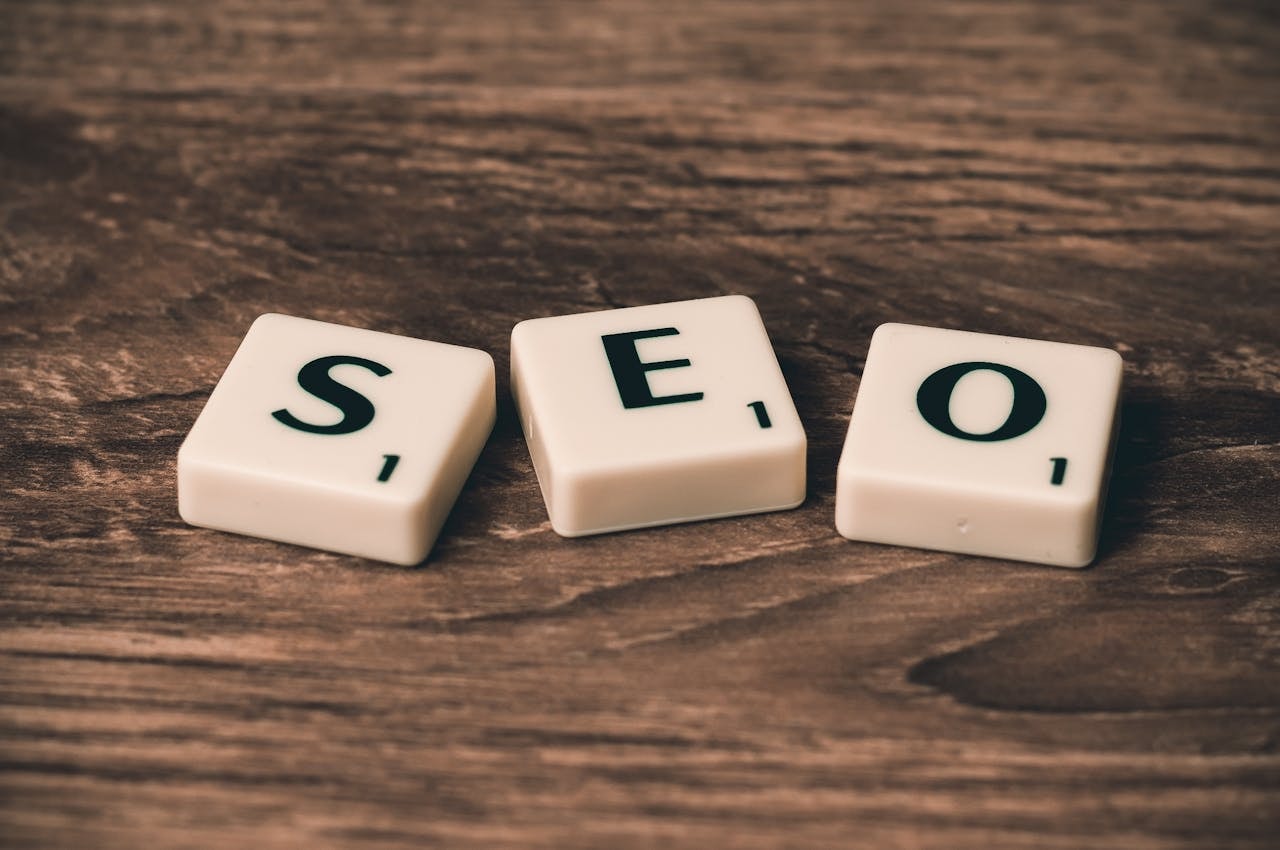How AI in Marketing is Changing the Game
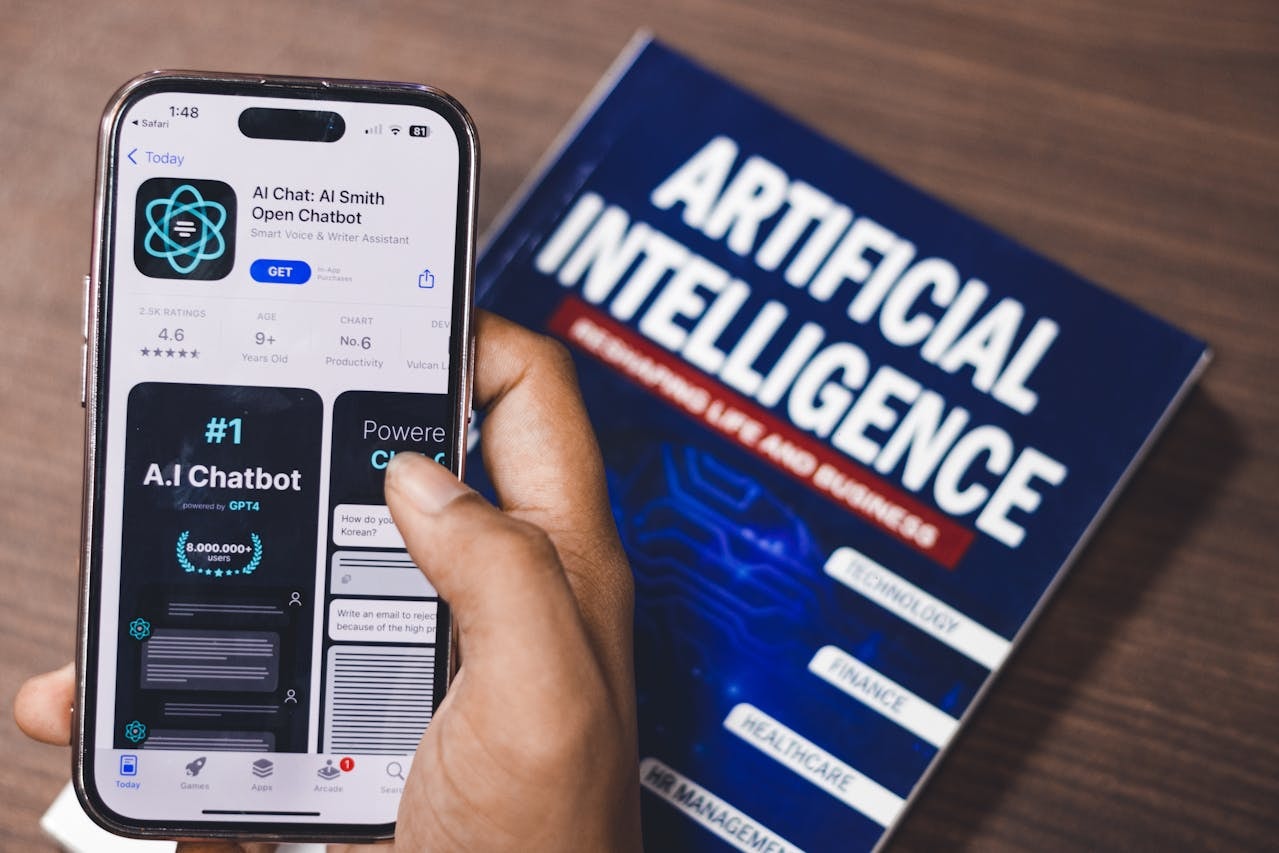
Artificial Intelligence (AI) is of course no longer just a buzzword—it has become an essential tool in shaping modern marketing strategies. From automating tasks to using creativity and providing insights through predictive analytics, AI-powered tools are revolutionising how marketing teams engage with customers.
Many marketers are now adopting AI to enhance their digital marketing efforts, streamline content creation, and improve customer interaction. But how exactly does AI work? Let’s explore the role of AI-powered marketing in delivering actionable insights and transforming marketing campaigns.
The Role of AI in Digital Marketing

AI makes marketing smarter by analysing the trends and understanding vast amounts of customer data to refine strategies and boost campaign effectiveness. With AI integration, companies can:
- Automate repetitive tasks such as email marketing, content marketing, and social media management.
- Utilise sentiment analysis to understand customer emotions and preferences.
- Optimise marketing content for search engines and social media platforms.
- Improve customer experience by tailoring product descriptions and recommendations.
- Enhance brand consistency across multiple marketing campaigns and platforms.
- Reduce human errors in marketing execution by automating tasks efficiently.
By using and adopting AI, businesses can enhance their ability to target the right audience with highly personalised marketing content.
AI-Powered Tools That Are Revolutionising Marketing
Marketers now have access to a wide range of machine learning and AI-powered tools designed to optimise their campaigns. Here are some game-changing AI tools that marketing professionals use:
AI Copilot for Content Creation
AI-powered writing assistants like ChatGPT and Jasper help in generating engaging content for web pages, blogs, and social media posts. These writing tools analyse user behaviour and suggest topics that resonate with a brand’s target audience. AI copilot writing solutions also assist in crafting compelling product descriptions and ad copy.
Predictive Analytics for Customer Insights
Predictive analytics allows companies to forecast the demand trends and adjust their marketing strategy accordingly. By analysing customer data, businesses can anticipate purchasing behaviours and refine their marketing campaigns for maximum impact. AI-powered analytics and machine learning tools enable businesses to generate precise customer insights and make data-driven decisions with confidence.
AI-Powered Social Media Management
Social media is ai marketing strategy that has evolved with AI integration. AI-powered social media marketing tools such as Hootsuite and Sprout Social automate scheduling, monitor engagement, and analyse social media trends to keep brands ahead of the competition. These platforms also provide AI-generated recommendations for social media posts that increase engagement and reach.
Automating Tasks with AI in Advertising
Programmatic advertising uses artificial intelligence technology to automate bidding, ad placements, and campaign optimisation. AI technology makes advertising more efficient by reducing costs and improving audience targeting. Marketers can leverage AI-powered tools for automated A/B testing, ensuring that the most effective ad creatives are used in real time.
AI Adoption in Content Marketing
AI-powered marketing is reshaping content marketing strategies by assisting in:
- Creating high-quality product descriptions and blog posts.
- Generating marketing content that is optimised for search engines.
- Automating email marketing campaigns with personalised messages.
- Enhancing customer interaction through AI-powered chatbots.
- Understanding customer sentiment through AI-driven analysis of engagement data.
- Helping brands maintain content consistency and tone across all digital platforms.
AI in Content Ideation and Generation
AI-powered tools can analyse trending topics, competitor content, and audience interests to generate relevant content ideas. Marketers can use AI-driven insights to craft highly engaging blog posts, whitepapers, and product descriptions providing insights that resonate with their target audience. AI can also assist in generating initial content drafts, helping content teams save time while maintaining creativity.
AI-Powered Content Optimisation for SEO
Search engines are now favouring AI-generated content that meets user intent. AI marketing strategy tools like Surfer SEO and Clearscope help marketers optimise their web pages for better rankings on Google. Additionally, AI-powered keyword research tools help companies identify and capitalise on high-performing search terms, improving organic traffic. AI also analyses existing content, making recommendations on how to improve readability, structure, and engagement.
Automated Content Personalisation
AI allows brands to tailor content based on user behaviour, past interactions, and preferences. By leveraging AI-powered marketing automation, businesses can dynamically generate different versions of the same content to match specific audience segments. This ensures a personalised experience that drives higher engagement rates.
AI in Video and Visual Content Creation
AI is revolutionising the way businesses and marketers create visual content. AI-powered tools from companies like Canva and Lumen5 assist marketers in designing social media graphics, infographics, and promotional videos with ease. AI-driven video editing tools can even analyse user engagement and automatically adjust video length, format, and visuals to improve watch time and retention.
AI in Email Marketing Content
AI-driven email marketing tools enable businesses to create personalised email campaigns by analysing recipient behaviour, purchase history, and engagement patterns. AI-powered subject line generation tools, such as Phrasee, enhance open rates by suggesting high-performing subject lines based on historical campaign data. AI also assists in optimising email copy, ensuring that messages are compelling and relevant to each subscriber.
AI-Powered Content Distribution and Repurposing
AI not only helps in content creation but also optimises how content is distributed. AI tools analyse audience behaviour and recommend the best platforms, times, and formats for maximum reach. Furthermore, AI repurposes existing content by transforming blog posts into social media snippets, infographics, and even podcasts, ensuring that businesses extract the most value from their content.
The Benefits of AI-Powered Marketing
Marketing teams leveraging AI enjoy numerous benefits, including:
- Cost Savings: AI automates repetitive tasks, reducing the need for human intervention and lowering operational costs. By optimising marketing strategies and reducing wasted ad spend, businesses can maximise their budgets more efficiently.
- Better Customer Experience: AI-powered chatbots provide real-time customer support, improving engagement and retention. Personalised marketing efforts create a more relevant and satisfying experience for customers, leading to increased brand loyalty.
- Improved Campaign Performance: AI tools provide actionable insights to refine strategies and enhance marketing effectiveness. AI-driven analytics help businesses measure ROI, identify underperforming campaigns, and adjust strategies accordingly.
- Enhanced Creativity: AI copilot tools assist in brainstorming marketing content ideas, helping businesses maintain a fresh and innovative brand presence. AI also supports marketers in generating high-quality visuals and video content, increasing engagement rates.
- More Efficient Lead Nurturing: AI-powered automation ensures that marketing teams deliver the right message to the right audience at the right time. By leveraging AI-driven customer segmentation, businesses can create more personalised email campaigns and retargeting strategies.
- Data-Driven Decision Making: AI enables businesses to make informed marketing decisions based on real-time analytics. With AI-powered sentiment analysis, marketers can quickly identify shifts in consumer perception and adapt their messaging accordingly.
- Scalability and Adaptability: AI-powered marketing tools allow businesses to scale their efforts efficiently. Whether it’s automating content creation, optimising ad spend, or improving customer segmentation, AI ensures marketing strategies remain adaptable to changing market conditions.
Overcoming Challenges in AI Marketing
Despite its advantages, AI adoption in marketing comes with challenges, such as:
Data Privacy Concerns
With AI collecting vast amounts of customer data, businesses must prioritise data privacy and comply with regulations such as the Australian Privacy Act. Transparent data collection policies and ethical AI implementation practices across companies are critical for maintaining customer trust. Companies must invest in secure data storage, encryption capabilities, and access controls to prevent breaches and ensure compliance with evolving data protection laws.
Human Intervention is Still Necessary
While AI makes marketing more efficient, human creativity and oversight remain crucial to ensure authenticity and emotional connection with customers. AI-powered tools can support, but not replace, the human touch in content creation and customer interaction. Marketers need to balance AI automation with human intuition, ensuring that AI-generated content aligns with brand messaging and audience expectations.
The Learning Curve of AI Adoption
AI tools require proper implementation and continuous optimisation. Many marketers face a learning curve when integrating AI into their marketing strategy, and ongoing training is necessary to maximise AI-powered capabilities. Businesses must allocate resources for employee training, invest in user-friendly AI tools, and continuously monitor AI performance to make necessary adjustments. Without proper onboarding and understanding, AI tools may not be used to their full potential, leading to inefficiencies.
Bias and Ethical Challenges
AI models can sometimes develop biases based on the data they are trained on, leading to unfair targeting or messaging. It is of course essential for marketers to regularly audit AI-driven insights and content to identify potential biases and correct them. Ethical AI usage should be a top priority for marketers to ensure marketing campaigns are inclusive and resonate positively with diverse audiences.
Dependence on High-Quality Data
AI relies on vast amounts of high-quality data to function effectively. If the data fed into AI systems is outdated, inaccurate, or incomplete, it can lead to flawed insights and ineffective marketing strategies. Businesses must invest in robust data management strategies, ensuring their artificial intelligence and AI-driven marketing efforts are based on reliable and up-to-date information.
The Future of AI in Marketing
Artificial Intelligence AI is continuously evolving, and the future world of marketing will rely and focus even more on AI-powered capabilities. Here’s what’s ahead:
- AI-Powered Video Marketing: AI will enable brands to create hyper-personalised video content that adapts in real-time to user preferences, increasing engagement and conversion rates.
- Advanced Sentiment Analysis: AI will develop deeper emotional understanding, allowing businesses to craft marketing messages that resonate on a psychological level with their audience.
- AI-Driven Voice Search Optimisation: As voice search becomes more prevalent, AI will help businesses optimise their content for conversational search queries, ensuring they remain highly discoverable on digital platforms.
- Hyper-Personalisation at Scale: AI will refine customer segmentation to deliver highly tailored marketing messages in real time, maximising customer satisfaction and retention.
- AI in Augmented and Virtual Reality Marketing: AI-powered AR and VR experiences will become standard in digital marketing, providing immersive brand experiences that captivate audiences.
- Predictive Consumer Behavior Modeling: AI will become more advanced in predicting consumer actions, helping brands anticipate needs and adjust marketing strategies proactively.
- AI-Generated Interactive Content: AI will automate the creation of interactive content, such as quizzes, gamified experiences, and dynamic storytelling, driving higher engagement rates.
- AI-Powered Marketing Automation Evolution: AI will further refine automation processes, enabling businesses to create more sophisticated, real-time triggered marketing campaigns with minimal human intervention.
AI and the Evolution of Customer Experience
AI is shaping the future of customer experience by providing predictive insights and improving real-time interaction. Businesses using AI-driven chatbots, artificial intelligence and recommendation engines will create personalised experiences that cater to individual customer needs, enhancing satisfaction and brand loyalty. AI will also play a crucial role in developing conversational AI, where chatbots and virtual assistants evolve into fully interactive customer support agents that provide human-like engagement.
Conclusion: AI-Powered Marketing is the Future**
Artificial Intelligence in marketing is no longer optional—it’s a necessity for businesses looking to stay ahead of Artificial Intelligence now. With AI-powered tools transforming everything in ai marketing, from content creation to social media marketing, companies can now run smarter and more effective campaigns.
The ability to harness artificial intelligence AI in the world of marketing is what will differentiate thriving businesses from those left behind. By understanding and embracing AI integration, marketing professionals can gain a deeper understanding of their target audience, improve campaign efficiency, and ultimately drive business growth.
Are you ready to harness the power and creativity capabilities of AI marketing for your brand? Contact Piri-Piri Marketing Hub today, and let’s create a winning marketing strategy together!



